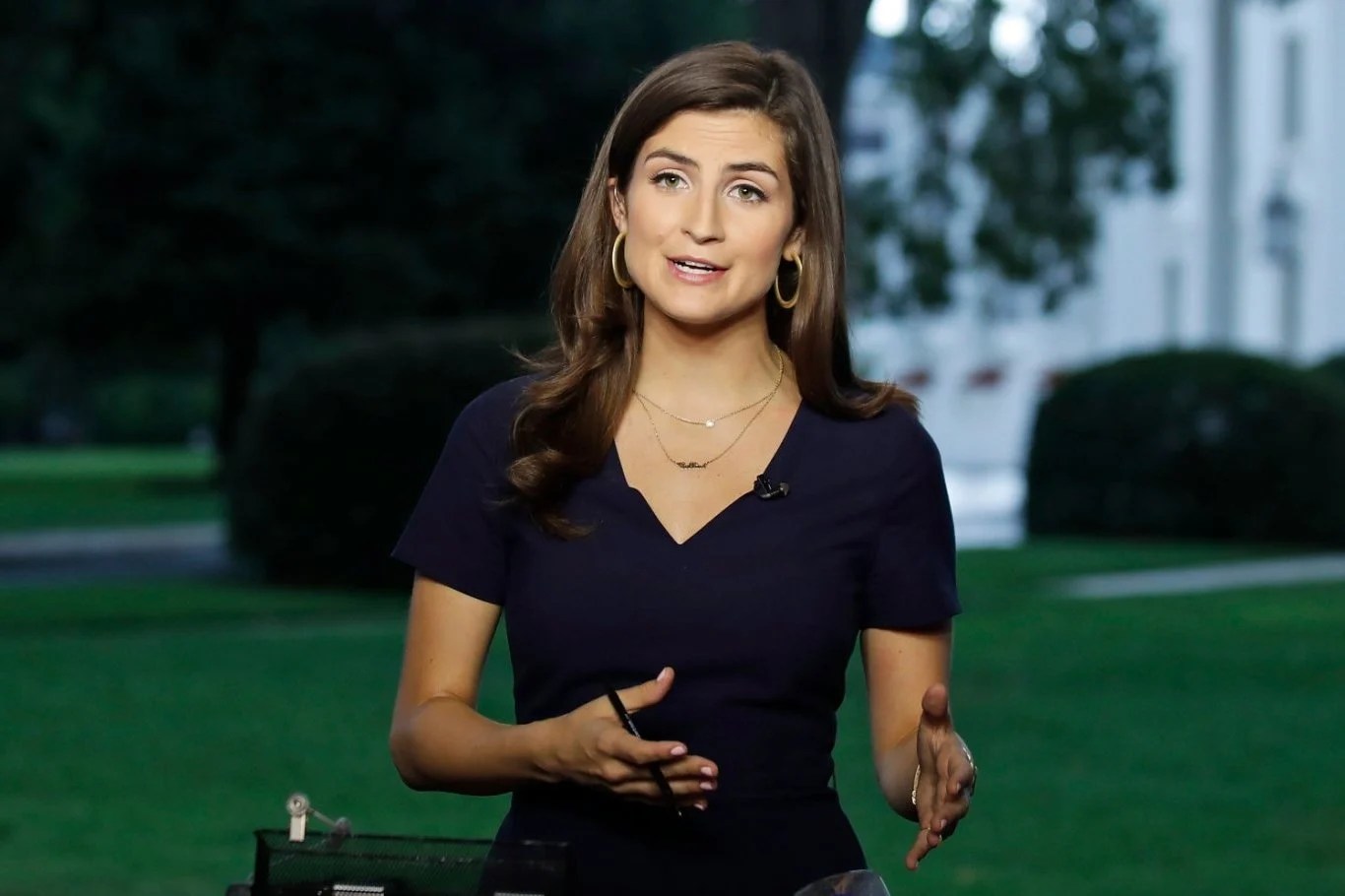Kaitlan Collins: The Rise, Fall, And Controversy Surrounding Her Dismissal
Kaitlan Collins has been a prominent figure in political journalism, earning recognition for her incisive reporting and fearless questioning. However, recent news has sparked widespread interest and debate as reports circulate about her abrupt dismissal from her role. This article delves into the details surrounding Kaitlan Collins fired, exploring the implications of her exit, the circumstances leading to it, and the potential impact on her career and the media landscape.
The world of journalism is often fraught with challenges, especially for those who dare to ask the tough questions. Kaitlan Collins, known for her tenacity and commitment to uncovering the truth, quickly rose through the ranks of political reporting. Yet, her journey has taken an unexpected turn with her recent firing, igniting conversations about accountability, ethics, and the pressures faced by journalists in today's political climate.
As we navigate through the details of Kaitlan Collins fired, we will also take a closer look at her background, her contributions to journalism, and the broader implications of her dismissal. This article aims to provide a comprehensive understanding of the situation while examining the reactions from her peers, the public, and the media industry at large.
Who is Kaitlan Collins?
Kaitlan Collins has made a name for herself as a prominent political correspondent. Known for her sharp wit and probing questions, Collins has garnered a significant following and respect within the journalism community. Below, we outline some key personal details and biographical information about her:
| Detail | Information |
|---|---|
| Name | Kaitlan Collins |
| Date of Birth | April 7, 1992 |
| Education | University of Alabama |
| Profession | Political Journalist |
| Notable Work | White House Correspondent |
| Employer | CNN |
What led to Kaitlan Collins fired?
The circumstances surrounding Kaitlan Collins' firing are still being unraveled. Various sources suggest that her dismissal was tied to a series of contentious exchanges during press briefings. Her confrontational style has drawn both admiration and criticism, leading to tensions with certain political figures.
Was Kaitlan Collins' style a factor in her dismissal?
Collins' aggressive questioning tactics have often placed her in the spotlight. While many commend her for holding leaders accountable, there are those who argue that such an approach can lead to friction within the political sphere. This raises the question: did her style contribute to the decision to let her go?
What are the implications of her firing for journalism?
The firing of a prominent journalist like Kaitlan Collins raises significant questions about the state of journalism today. It reflects broader issues related to press freedoms, the relationship between the media and political entities, and the ongoing struggle to maintain journalistic integrity in a polarized environment.
How have peers and the public reacted to Kaitlan Collins fired?
The news of Kaitlan Collins' termination has elicited a range of reactions from both her colleagues and the public. Many journalists have voiced their support for Collins, emphasizing the importance of fearless reporting in a democratic society. Social media has also played a crucial role in shaping public discourse around her dismissal.
What does this mean for Kaitlan Collins' future in journalism?
While the immediate future for Kaitlan Collins remains uncertain, her track record suggests that she will continue to be a significant figure in political journalism. Many speculate that her experience and reputation will lead her to new opportunities, whether in traditional media or alternative platforms.
What can aspiring journalists learn from Kaitlan Collins' experience?
Collins' journey serves as a valuable lesson for aspiring journalists. Her commitment to holding power accountable, despite facing significant backlash, is a testament to the tenacity required in the field. Young journalists can take inspiration from her story and understand the importance of resilience in the face of adversity.
What does the future hold for the media landscape after Kaitlan Collins fired?
The media landscape is constantly evolving, and the firing of a high-profile journalist like Kaitlan Collins may signal a shift in how news is reported. As political tensions rise and the demand for transparency increases, it remains to be seen how media organizations will adapt to ensure that journalists can continue to operate without fear of retribution.
In conclusion, the firing of Kaitlan Collins serves as a pivotal moment in the realm of journalism. It raises essential questions about the role of journalists in holding power accountable, the challenges they face, and the ongoing battle for press freedom. As the story continues to unfold, it is crucial for both the media and the public to reflect on the significance of this event and its implications for the future of journalism.
Article Recommendations
- Scarlett Pomers Married
- Liv Tyler
- Sophie Rain Spiderman Vid
- Justina Valentine Boyfriend
- Cody Marler Net Worth
- Sunday Rose Kidman Urban
- John Alvin Actor
- Katy Perry
- Ramen Recall
- Amy Lynn Bradley




